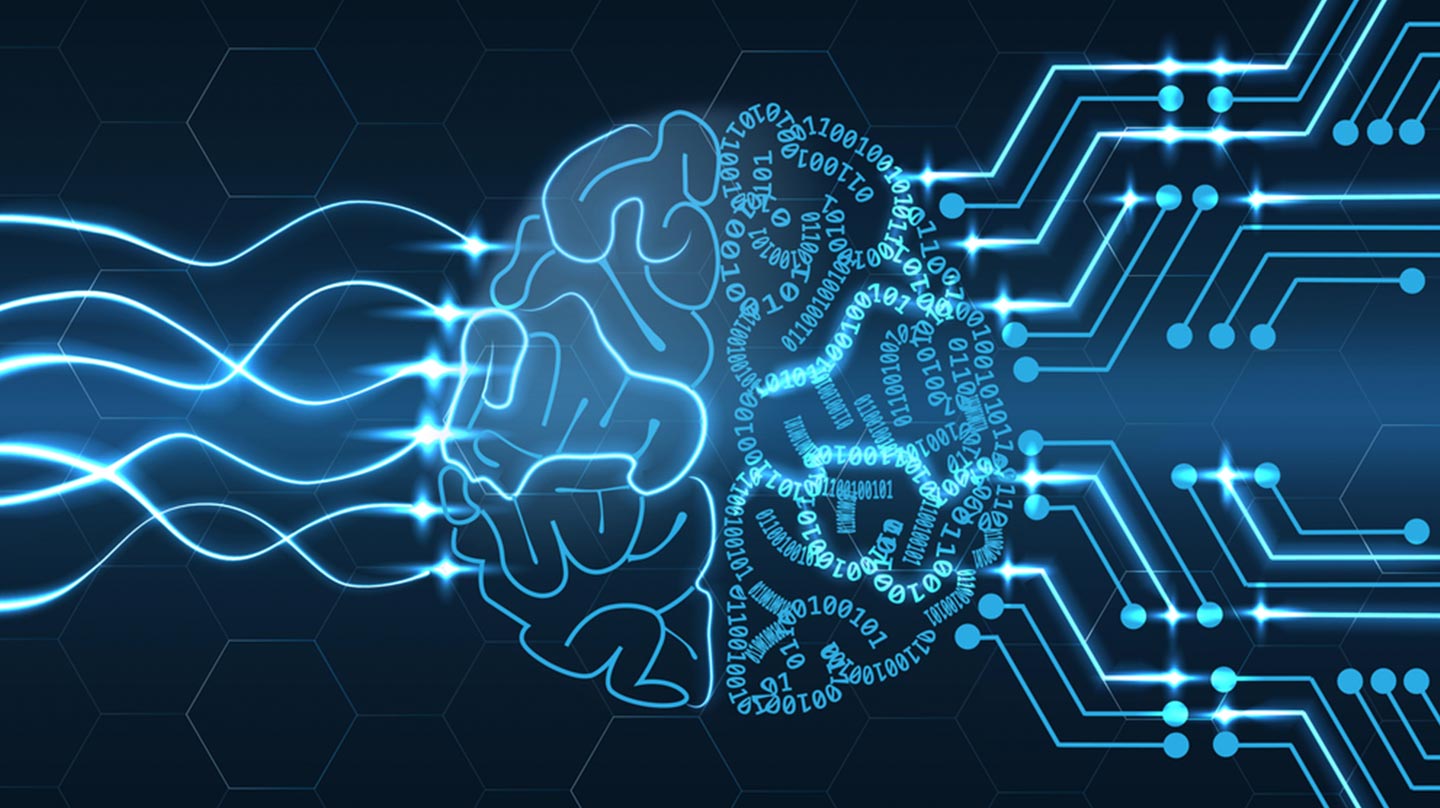Artificial Intelligence (AI) is a phrase used to describe the learning, logic, reasoning, perception, and creativity of a machine, formerly thought to be unique to humans but now copied by technology and used in every industry.
In artificial intelligence, computer science programming mimics human thought and activity by analysing data and the environment, solving or anticipating issues, learning of self-teaching or adapting to various tasks. Artificial intelligence (AI) has the potential to free humans from a variety of monotonous responsibilities. The technology is capable of learning a task once and then repeating it as many times as the human who created it desires.
With artificial intelligence (AI), machines may learn from experience, adapt to new inputs, and execute human-like tasks, such as playing chess or driving themselves.
artificial intelligence training has been in great demand as everyone is looking for AI developer to get them started in this new world.
Artificial Intelligence’s main goal is to stimulate cognitive behaviour in computers so that they can execute activities such as decision-making, problem-solving, perception, and interpreting human communication in any language.
Artificial neural networks, which are computer-simulated networks of neurons that mimic brain function, can plough through mounds of data with minimum human input, emphasising abnormalities and identifying patterns that people would never have noticed.
what is AI?
Artificial intelligence (AI) is by no means a novel concept; at its foundation, it is data and our capacity to store, conveniently access, and discover patterns in it. In light of this development, artificial intelligence can currently be divided into three distinct categories:
In the future, just one type of artificial intelligence will be developed: ANI (Artificial Narrow Intelligence). AI that can beat the world’s best chess players, for example, but it only plays chess.
AGI (Artificial General Intelligence) surpasses and beyond human intelligence. It’s capable of reasoning, planning, problem-solving, and even learning from experience.
In practically every regard, ASI (Artificial Super Intelligence) is smarter than the best human brain, including creativity, general wisdom, and the ability to develop social skills.
Qualities of Artificial Intelligence
Intentionality
Algorithms that use artificial intelligence (AI) are those that use real-time data to make judgments. They’re not like passive machines, which can only respond mechanically or in ways that have been planned. It combines data from a range of sources, such as sensors, digital data, or remote inputs, and analyses the material in real time, taking action based on the findings. Massive advancements in storage systems, computing speeds, and analytical methodologies have made it possible for them to conduct highly sophisticated analyses and make highly sophisticated decisions.
Intelligence
When it comes to AI, it’s usually done in conjunction with machine learning and data analytics
Data is fed into a machine learning system, which searches for underlying patterns to draw conclusions from. There may be information in the data that software designers can utilise in the analysis of specific problems if they see something relevant. All that’s needed is data that’s robust enough for algorithms to detect useful patterns in. Text, satellite images, visual information, and unstructured data are all examples of data.
Adaptability
In making decisions, artificial intelligence (AI) systems may learn and adapt. Semi-autonomous cars, for example, in the transportation sector include technologies that inform drivers and vehicles of impending congestion, potholes, highway construction or other prospective traffic barriers. Autonomous vehicles may learn from the mistakes of other drivers on the road without involving a human, and the “learning” they’ve gained is instantly and completely transferrable to other vehicles with comparable configurations.
Their sophisticated algorithms, sensors, and cameras take into account current operations and employ dashboards and visual displays to show information in real time so human drivers can make sense of current traffic and vehicle situations. Fully autonomous vehicles, on the other hand, are equipped with cutting-edge systems that can take full control of the vehicle and make all of the navigational decisions.
APPLICATIONS IN A WIDE VARIETY OF INDUSTRIES
Artificial intelligence (AI) isn’t some far-off concept; it’s already here and being used in a variety of fields. This covers a wide range of topics, including banking, national security, health care, criminal justice, transportation, and smart cities. In various instances, artificial intelligence (AI) is already having a substantial impact on the world and enhancing human skills.
Finance
Another method in which artificial intelligence (AI) is useful in financial systems is fraud detection. Fraudulent actions can be difficult to spot in large organisations, but artificial intelligence can spot anomalies, outliers, or unusual occurrences that need further study. By doing so, managers can identify problems earlier in the cycle, before they reach potentially harmful levels.
National security
In terms of national security, artificial intelligence (AI) plays a critical role. Massive amounts of data will be sifted in near real time—if not eventually in real time—by AI-enabled big data analytics, providing commanders and their staffs with a hitherto unknown degree of intelligence analysis and productivity.
It’ll have an impact on command and control since humans will be able to delegate routine and critical choices to AI platforms, which will save them time and allow them to focus on other tasks. In the end, combat is a race against time, with the victor being the one who can make a decision and move through with execution the fastest. While traditional command and control systems can still move at the speed of traditional means of waging war, AI-assisted command and control systems can move at a speed that is considerably superior than the traditional rates.
Wrapping up
To sum it up, artificial intelligence and data analytics have the potential to revolutionise a wide range of industries around the world. In the fields of finance, national security, health care, criminal justice, and transportation as well as smart cities, large-scale deployments have already revolutionised decision-making, business models, risk mitigation, and system performance. These changes are having a significant positive impact on the economy as well as society.
It’s important to remember that the way AI systems develop has far-reaching consequences for the rest of society. It concerns how policy difficulties are dealt with, ethical dilemmas are reconciled, legal realities are resolved and how much transparency is necessary in AI and data analytic solutions. The way decisions are made and how they are integrated into organisational routines are both influenced by human preferences concerning software development. Enroll in artificial intelligence certification and get started.

